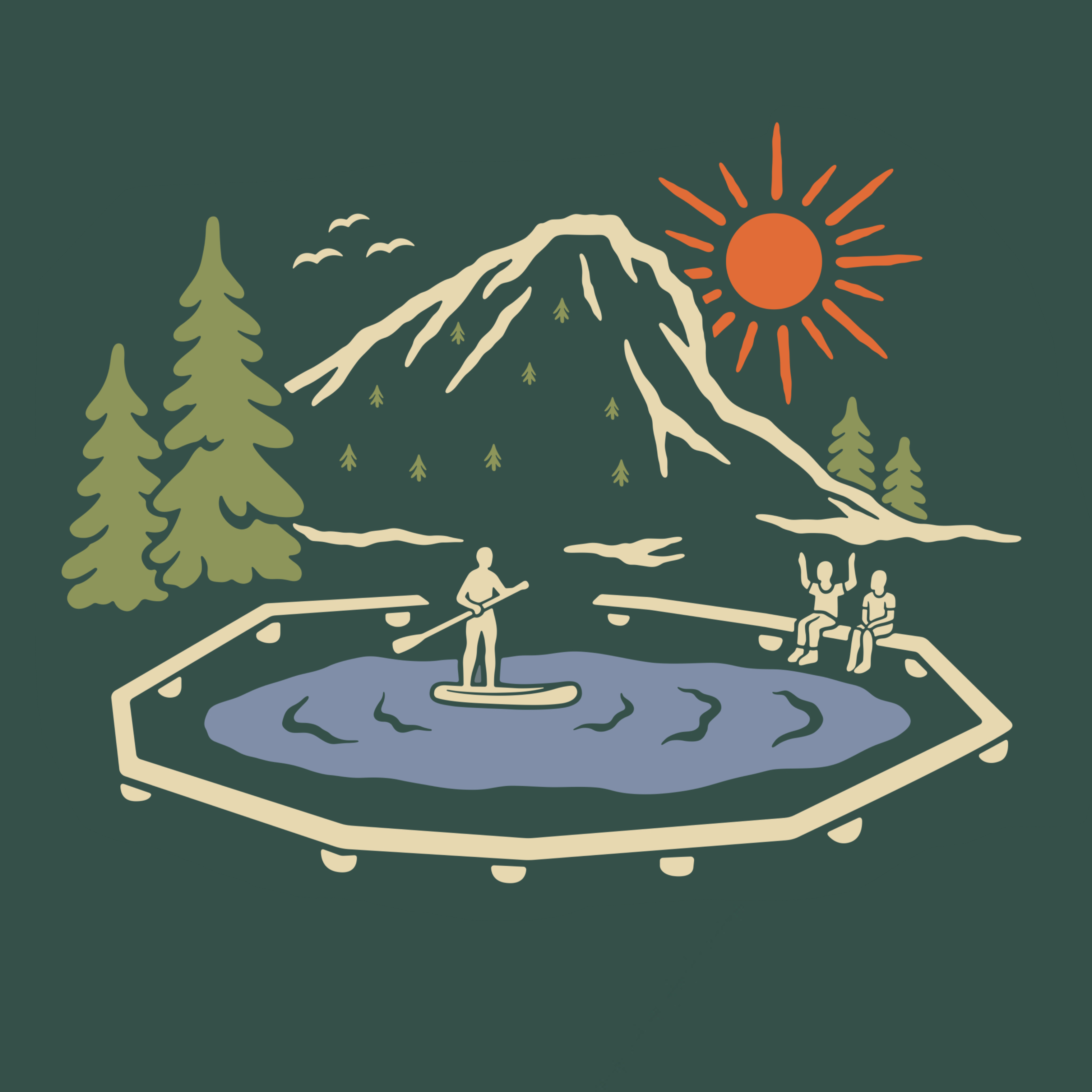Themes Of The Week
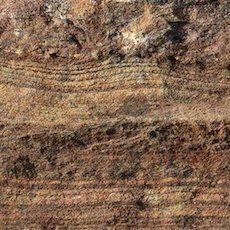
Week 1 & 2
Geology
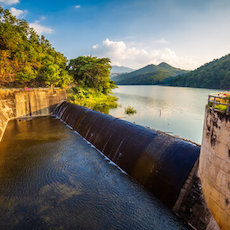
Week 3 & 4
Hydrology
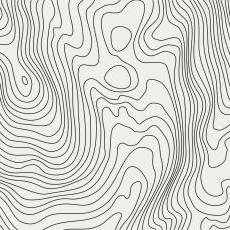
Week 5 & 6
Topography
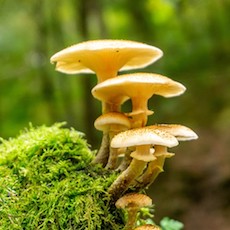
Week 7
Ecology
Geology
“Geology is a branch of natural science concerned with Earth and other astronomical objects, the features or rocks of which it is composed, and the processes by which they change over time.” -Wikipedia

Campers use hand tools and take soil and rock samples. They look at them under a microscope to look for clues about their origins and discuss the rock cycle.
Hydrology
“Hydrology is the scientific study of the movement, distribution, and management of water on Earth and other planets, including the water cycle, water resources, and drainage basin sustainability.” – Wikipedia

We discuss the water cycle in detail. We turn on a hydroelectric generator and see power being generated. We explore the concepts of water pressure and flow rates and do relevant hands on water experiments.
Topography
“Topography is the study of the forms and features of land surfaces. The topography of an area may refer to the landforms and features themselves, or a description or depiction in maps.” – Wikipedia

Campers learn how to read topographic maps and apply their understanding by making a topographic map of islands in the ocean. They also practice using a compass.
Ecology
“Ecology is the study of the relationships between living organisms, including humans, and their physical environment. Ecology considers organisms at the individual, population, community, ecosystem, and biosphere level.” – Wikipedia

Campers look for relationships between living organisms on the property and discuss their interdependence. This fuels our discussion about our human impact on our world today and the changes we wish to make for our future. We talk about renewable energy systems and play a game to experience first hand how symbiotic relationships function.
